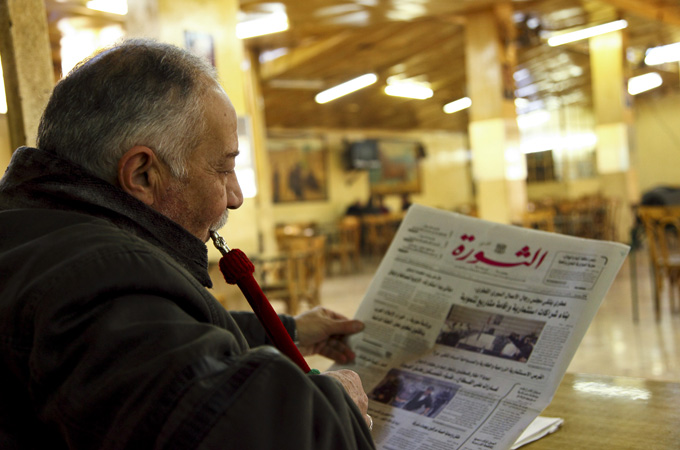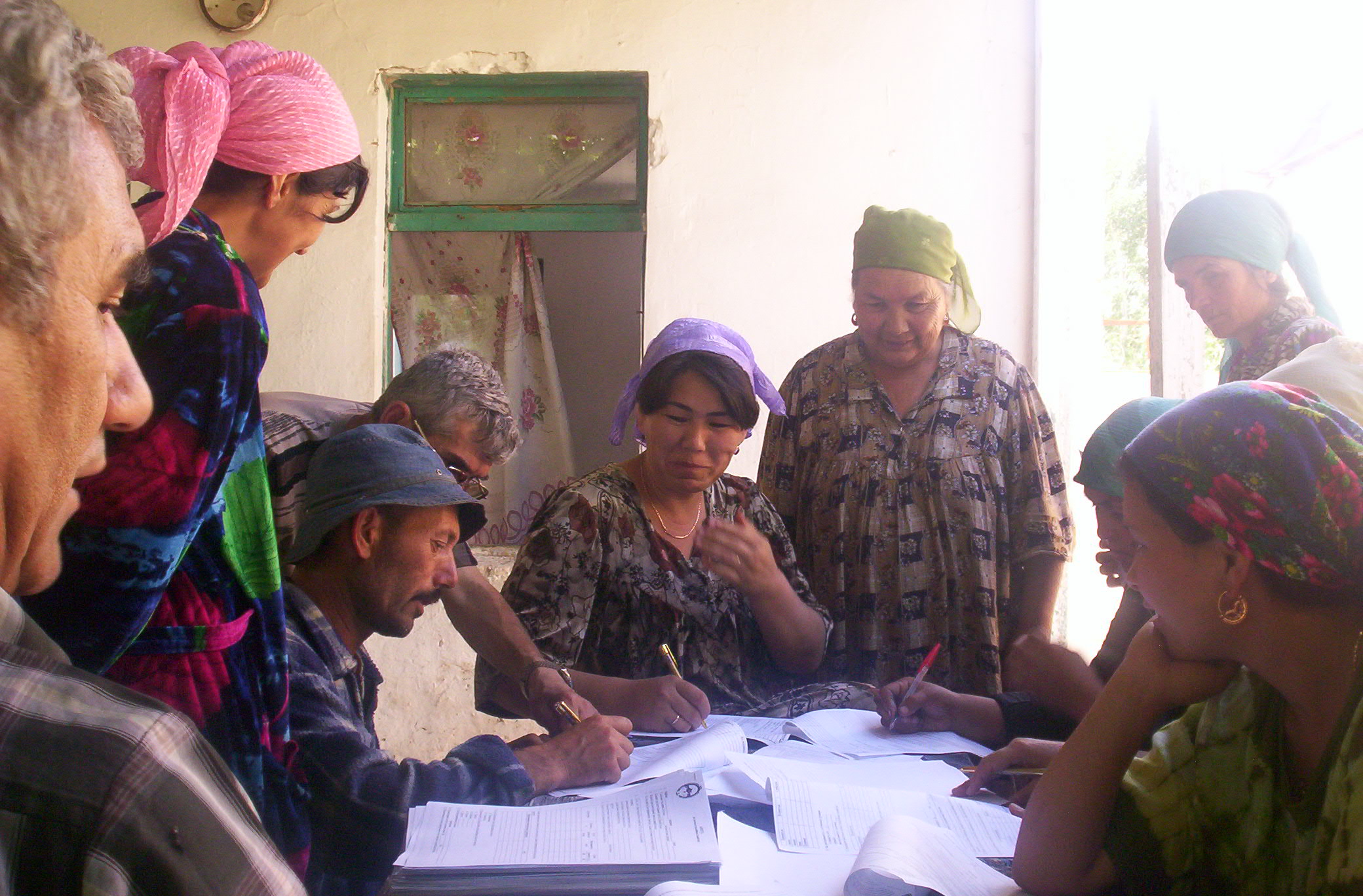In a recent exclusive interview with the Wall Street Journal, President Bashar Al-Assad of Syria stated, “When there is divergence between your policy and the people’s beliefs and interests, you will have this vacuum that creates disturbance.” He also said that despite the similarities between Syria, Egypt, and Tunisia, Syrians were different because they had not become desperate like the Egyptians and Tunisians, who had lost faith in their governments.

As protests against autocratic Arab governments continue across the region, analysts have begun to predict which repressive regime will be the next to fall. On a list of most repressive states, Syria ranks amongst the highest in the Middle East.With the continuing protests against dictators in Egypt, Tunisia, and Yemen, Syria has taken steps to ease resentment its citizenry may hold.
Fearing the resentment may actually materialize into full-scale protests, the government has increased its employees’ salaries, and $250 million in aid is to be distributed to families living below the poverty line. Government blocks on popular websites like Facebook, Twitter, and YouTube existent since 2007 have been lifted, despite the fact that these sites are already widely-used by Syria’s youth using proxies.
Like Egypt before it, Syria had its own “Day of Rage” scheduled for February 4th yet that date came and went without any major protests inside the country. A Facebook event titled, “The Syrian Revolution 2011” had only 17,000 attendees, an overwhelming number of whom were ex-pats. At the same time, various pro-Bashar groups and events were made, and declared support for the president.
To understand how difficult it is to manifest and maintain a popular-uprising in Syria, the events of February 2nd, 1982 must be revisited. The Muslim Brotherhood, which violently resisted the administration of President Hafez Al-Assad for years by assassinating members of the ruling Ba’ath Party and military figures, had finally holed itself in the city of Hama, taking over the city. The Syrian military was called in to restore government control, resulting in the massacre of an estimated 17,000 to 40,000 citizens. Ordinary Syrians have remained politically mute and the opposition hobbled ever since.
In the spring of 2000 a new era was ushered in, known by many as the “Damascus Spring.” Hafez Al-Assad died suddenly after 30 years in power. His son, Bashar, an eye doctor by trade, was quickly chosen to lead the country. He promised to bring reform to the country his father had ruled with an iron-fist, calling for easing of media restrictions and an opening of the economy.
Political prisoners were released in a sign of goodwill, and Syrian citizens were allowed to openly discuss domestic and foreign politics. The newfound reforms were short-lived; government security forces began to crack down on political dissidents and activists after just six months.
Today, with the burgeoning of the middle class and the steady growth of the economy, President Bashar Al-Assad continues to maintain control of every aspect of Syrian society. Syria remains a secular state, under the one party rule of the Ba’th Party, which tightly controls all political and economic aspects of the country. Syrians themselves are hopeful for the future, although they remain unsure of what it might hold for them. And those with an idea of how they believe it ought to look are often afraid to demonstrate it in words or otherwise.
___________________________
AFP. “Syria to Give $250 Million Aid to Poor.” AFP, February 7, 2011. Accessed February 12, 2011. http://www.google.com/hostednews/afp/article/ALeqM5jq35cqGcqJZPsukE93LztPGCmNnw?docId=CNG.30a945d880fb0c467a82e584423dac3f.971.
Freedom House. “World’s Most Repressive Regimes Resistant to Change.” News release, May 9, 2007. Accessed February 12, 2011. http://www.freedomhouse.org/template.cfm?page=70&release=503.
“Hama.” GlobalSecurity.org – Reliable Security Information. September 23, 2007. Accessed February 12, 2011. http://www.globalsecurity.org/wmd/world/syria/hama.htm.
Human Rights Watch. “Syria: Prisoner Releases Welcomed.” News release, July 26, 2000. Human Rights Watch. Accessed February 12, 2011. http://www.hrw.org/en/news/2000/07/26/syria-prisoner-releases-welcomed.
Middle East News. “Interview With Syrian President Bashar Al-Assad.” Wall Street Journal, January 30, 2011. Accessed February 12, 2011. http://online.wsj.com/article/SB10001424052748703833204576114712441122894.html?mod=googlenews_wsj.



